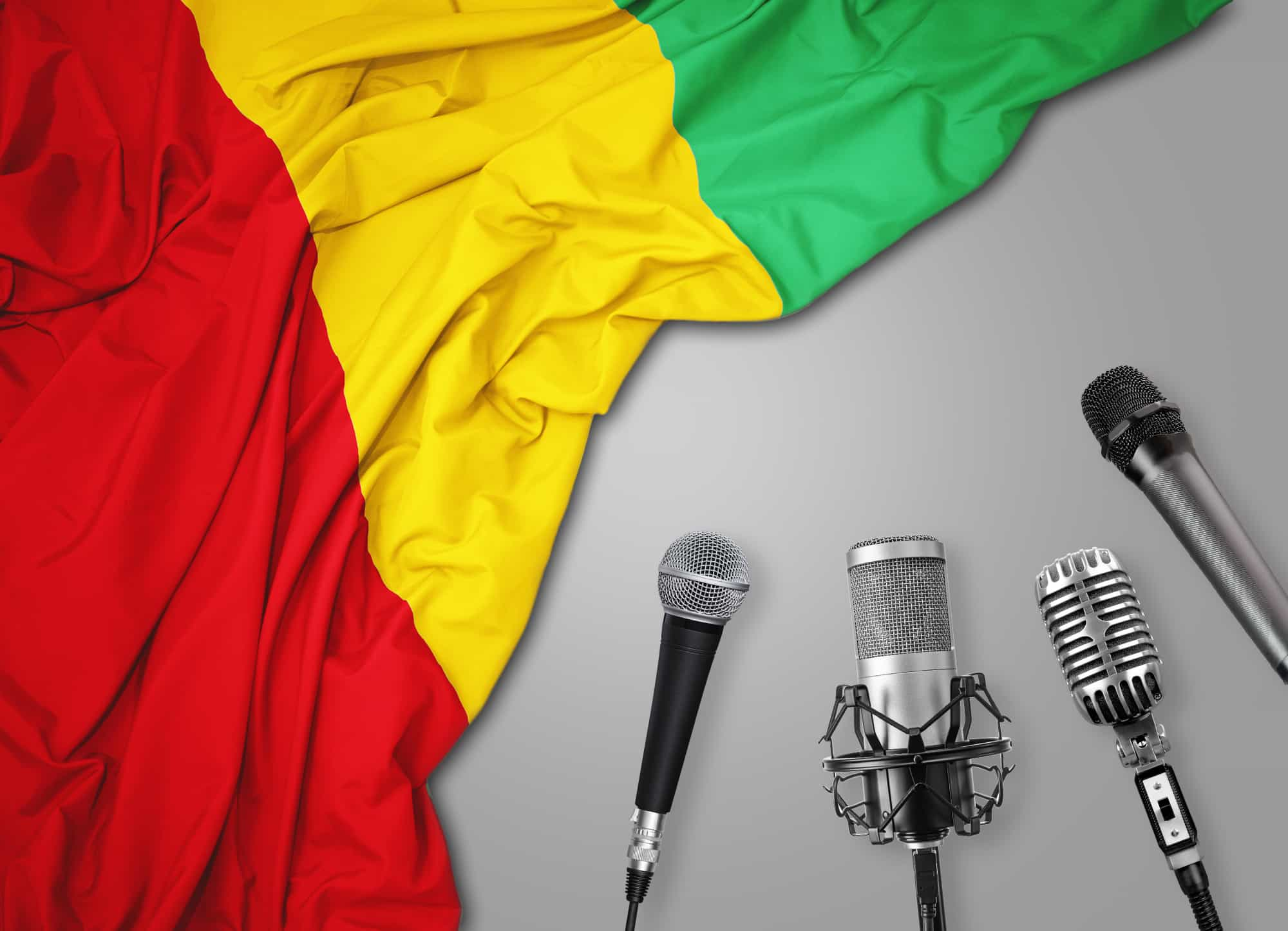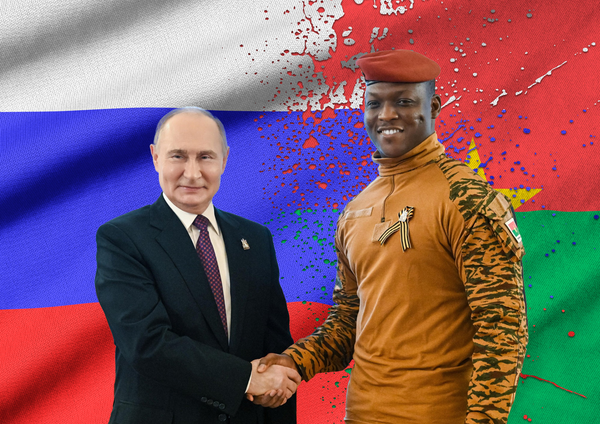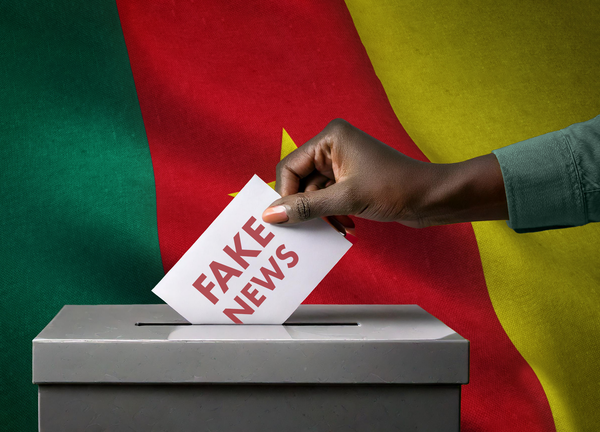Guinea Conakry benefits from a varied media landscape. The written press has been flourishing there since the 1990s. It has 65 weekly, including the Lynx .
Composed of around sixty radios and a dozen television channels, audiovisual is the favorite informational means of Guineans. According to the latest figures from AfroBarometer (2020), 78% of the population declare that they are inquiring via radio. Television operates a rise in force by gaining consumption habits of 42% of Guineans. Increased sharply, social networks and online information sites are followed at 27% and 25% respectively.
Online media have continued to develop in the past 25 years thanks to the implementation of broadband. Only shade on the board, the threat of possible censorship.
Error 404: the case Guineematin.com
Guineematin.com site has been censored. For Guineans, it is impossible to access the newspaper without VPN. Its director, Nouhou Baldé, tried to obtain explanations from the authorities of the country, without success. But, the newspaper is not an isolated case. With the power of new authorities, in 2021, the Guinean media were the subject of a series of censorship. Social networks' clippings, restrictions on online media access, radio scrambles or equipment confiscations are various examples of the means employed to affect the freedom of the press.

In order to support their colleagues and denounce "baillon procedures", a "march against censorship" is organized by the unions of journalists on October 16 in Conakry. 13 journalists were then arrested on the sidelines of the demonstration. Subsequently referred to the Kaloum Court of First Instance, they are charged with "participation in an illegal crowd on the public highway". For Sadibou Marong, director of the Sub -Saharan Africa Office of RSF, such obstacles are unpublished: “The number of violations against journalists and the media is increasingly multiplying. It is urgent that the authorities stop their flight towards a authoritarian before and mobilize to guarantee press freedom instead of restricting it, "he said.
Censorship beyond the laws
If there are laws guaranteeing the end of deprivation of freedom for press crimes (2010), Guinea suffers from profound gaps in their application. Despite its recent adoption (2020), the law on the right of access to public information and the principle of transparency is struggling to be respected. Many journalists are still victims of violence, harassment and death threats. These facts, however condemned by the legal framework, have passed over in silence. These countless obstacles hover like a sword of Damocles above information professionals in Guinea.










